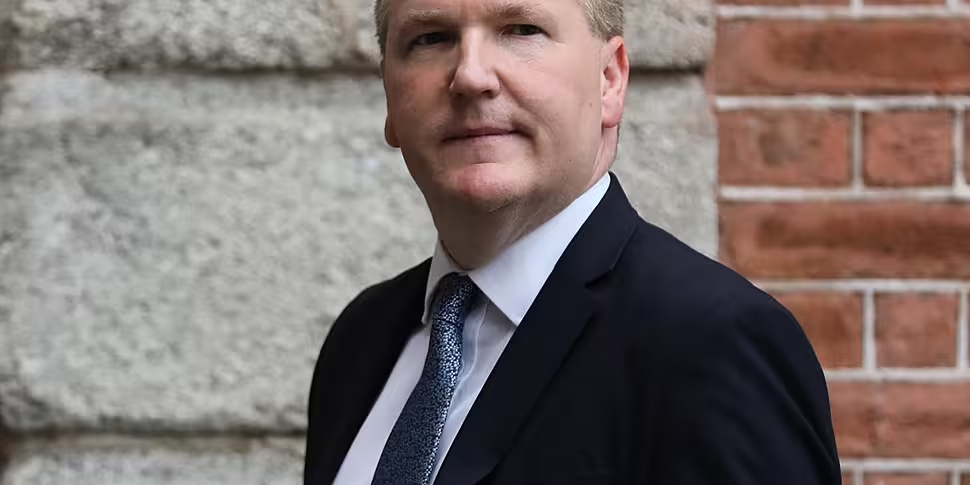The Government will be taking a 'cautious' approach when considering easing coronavirus restrictions in March, the Public Expenditure Minister has said.
Michael McGrath said the strategy is about keeping the numbers of COVID-19 as low as possible for a 'sustained period'.
Yesterday Cabinet agreed to extend the current level five lockdown until March 5th.
A range of new restrictions on international travel were also announced, including mandatory quarantine for those arriving from Brazil or South Africa and anyone arriving without a negative PCR test.
Several opposition parties and public health experts say everyone arriving in the country should face mandatory quarantine, but Minister Michael McGrath told Newstalk Breakfast he believes the Government has taken decisive action.
He said: "The issue of international travel is an important one - it’s not the most significant issue when it comes to transmission of the virus in the community… but I think the fact we are introducing mandatory quarantining for certain people arriving into Ireland. It will be in state-run facilities - hotels.
"Those who have had a negative PCR test, we are requiring them legally to stay at home and quarantine in that environment.
"These are significant steps, and I do think they will make a positive difference, when combined with all the other measures people are living with now."
He said the rules around self-isolation at home will now be enforced, which wasn't the case before.
However, he said there are still essential workers who do need to travel in and out of the country.
Restrictions and fines
Minister McGrath said authorities have tried to bring people along with the rules through the ‘power of persuasion’, and that has mostly worked.
However, he pointed out there have been around 1,500 people fined for breaching the 5km travel limit in recent weeks.
He explained: “What we’re doing now is imposing a higher fine of €500 for people who breach that limit, because they’re on the way to the airport to go abroad for a non-essential trip.
“Around 140 files have been referred to the DPP in relation to people arriving into Ireland without a negative PCR test.
“We are prepared to do what is required to enforce these rules. But winning through the power of persuasion is always the most effective way of getting what you need to do done.
“The plan now and the priority is to get the numbers down.”
The Fianna Fáil minister said there are positive signs in terms of falling daily COVID-19 case numbers and testing positivity rates, but that the pressure on the hospital system will take time to ease.
In terms of the continued lockdown, he said: “The plan will be to keep the numbers as low as possible.
"I think we’re looking at a period now of sustained suppression of the virus, because we know what happens when there is greater social interaction and mixing of people.
“For now, as a collective society, we have a job of work to do. But I think what you will see in March from Government is a cautious approach that is about keeping the numbers as low as possible.”
Minister McGrath work is ongoing to develop a plan so children can return to school, starting with those with special educational needs.
He also said the Government’s aim is that Leaving Cert exams should proceed this summer.









